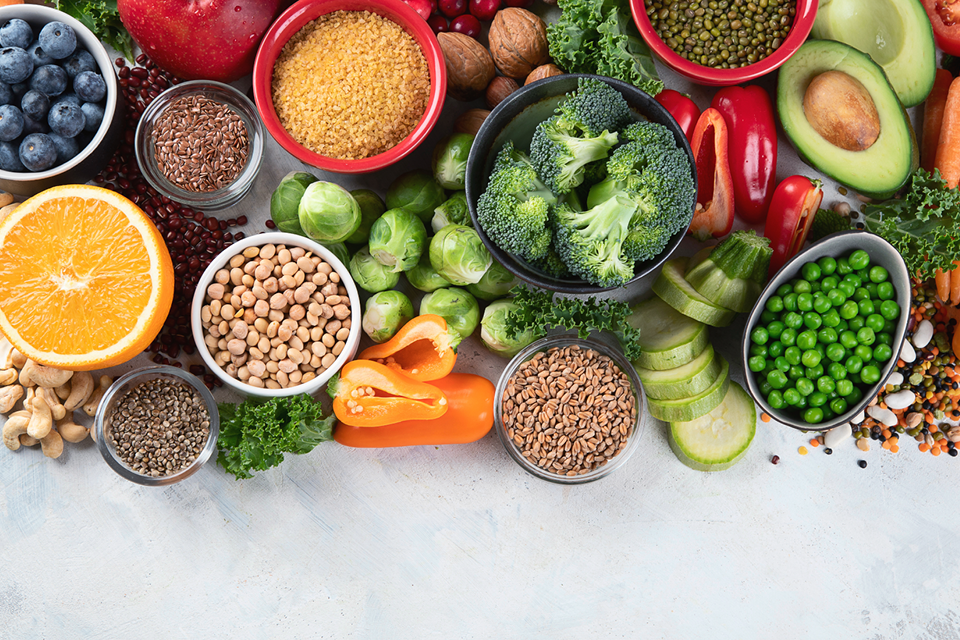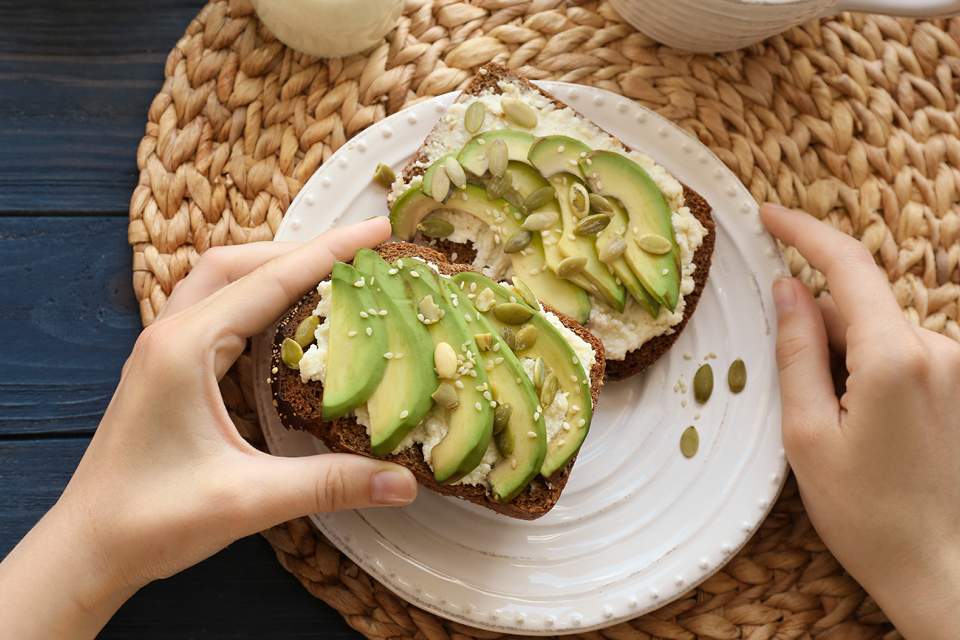The Importance of Incorporating Fiber into Your Diet
Why Do I Need Fiber in My Diet?
When contemplating a balanced diet, the concept of fiber often brings to mind its role in maintaining regularity. However, the benefits of fiber extend far beyond its digestive perks.
Deciphering the Fiber Frenzy
Fiber, classified as a carbohydrate, possesses a unique composition that sets it apart from its counterparts. Our bodies, unable to digest fiber, propel it through the digestive tract without converting it into sugar, a fate common to other carbohydrates.
Rather than being broken down, fiber binds to fats and sugars in the digestive tract, thwarting their absorption by the body. Opting for nutrient-dense, high-fiber foods such as beans, whole grains, brown rice, and bran cereal ensures that your body receives essential nutrients without absorbing excess sugar and calories.
Additionally, high-fiber choices contribute to a sense of satiety, diminishing hunger cravings and facilitating adherence to healthy dietary plans. This, in turn, aids in maintaining a calorie deficit crucial for weight loss.

The Gut Connection
Fiber-rich foods not only benefit the digestive process but also foster a healthy gut environment. These foods supply the gut with “good” bacteria, promoting the production of short-chain fatty acids. These acids play a pivotal role in reducing inflammation and supporting optimal digestion.
The presence of good gut bacteria safeguards the intestinal lining, curtails inflammation, enhances nutrient absorption, and activates neural pathways linking the gut and the brain. This interconnected relationship is significant, as gut inflammation can impose stress on both the body and the mind. Studies have even correlated gut inflammation with prevalent mental illnesses like anxiety and depression.
Research indicates that individuals adhering to diets abundant in whole foods, specifically high-fiber options, are up to 35% less likely to develop depression. Conversely, those indulging in regular consumption of high-fat, processed, sugary, and fried foods face a 65% increased risk of depression.
Where to Find Fiber Gold
To harness the myriad benefits of fiber, incorporating a variety of high-fiber foods into your diet is key. Some top contenders include:
- Lentils
- Chickpeas
- Berries, particularly raspberries and blackberries
- Pears
- Avocados
- Artichoke Hearts
- Whole Grains (Pasta, Bread, Oats)
- Fiber Supplements

Navigating Fiber Integration
Despite the evident advantages of fiber, an estimated 95% of Americans fall short of the recommended daily intake. To seamlessly integrate fiber into your lifestyle, consider the following tips:
- Women should aim for approximately 25 grams of fiber daily, while men should target 38 grams.
- Gradually increase fiber intake if you’re not accustomed to a high-fiber diet to mitigate potential bloating and gas.
- Stay well-hydrated; fiber functions optimally when paired with adequate water intake.
- Distribute fiber consumption evenly throughout the day rather than consuming it all at once.
Embrace the Fiber Essence
Fiber emerges as an indispensable nutrient, contributing to weight loss, enhanced gut health, and combatting constipation. Recognize the pivotal role of fiber in your overall well-being and ensure it claims its well-deserved place in your dietary repertoire.



